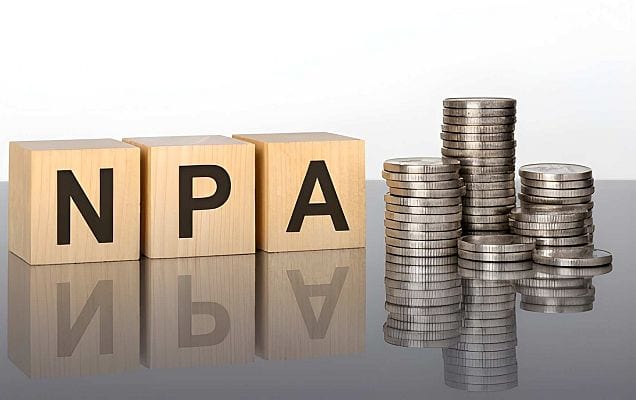I leave for Myanmar, Australia and Fiji tomorrow with a great sense of anticipation and fully conscious of the significance of the India-ASEAN Summit and East Asia Summit on November 12-13 in Myanmar`s capital Nay Pyi Taw, the G 20 Summit in Brisbane Australia, the bilateral visit to Australia and the visit to Fiji Islands, where I will also have the opportunity to meet leaders of the Pacific Islands.
During the course of these Summits and my bilateral visits, I will meet over 40 leaders from countries representing Asia, Africa, Europe, North America, South America and Pacific Region, as also heads of many multilateral institutions. These meetings are taking place at a time of multiple global challenges. I look forward to seeking a global environment that supports our aspirations for economic development and a peaceful world.
The ten-nation ASEAN community has the third largest population; it would be the seventh largest economy in the world; and, the third fastest growing economic unit this century. This dynamic region is our continental and maritime neighbor, linked by centuries-old ties. ASEAN is at the core of our Act East Policy and at the centre of our dream of an Asian century, characterized by cooperation and integration. I am looking forward to discussing with ASEAN leaders how to take our relationship to a new level, which will supplement our deepening bilateral ties with each member.
No region in the world embodies so much dynamism or faces so many challenges as the region spanning the Indian Ocean, continental Asia and Pacific Ocean. And, no other forum, perhaps, has as much potential to shape this region and the world`s future as the East Asia Summit. At the East Asia Summit, I look forward to discussing with ASEAN and seven global leaders how we can strengthen regional institutions, international norms and regional cooperation in pursuit of peace, stability and prosperity.
The G 20 Summit, which brings together countries that account for 85% of the world`s economic output, is a key forum for countries to coordinate their activities and pursue collective action to support global economic growth and stability, stable financial markets and global trading regimes and employment generation. I also intend to discuss how we can accelerate the creation of next generation infrastructure, which also includes digital infrastructure, and ensure access to clean and affordable energy. A key issue for me would be to highlight the importance of international cooperation against black money.
I look forward to meeting leaders from other countries at the summits in Nay Pyi Taw and Brisbane.
I am looking forward to my four-city, three-day visit to Australia with great enthusiasm. I am conscious of the fact that a Prime Ministerial visit from India is taking place after 28 years. While we have much in common with Australia, our political, strategic and economic relations have been below potential. A closer strategic partnership with Australia will support India`s economic goals; promote our security interests, including maritime security; and, reinforce our efforts to foster a climate of peace and stability in our extended continental and maritime neighbourhood.
It is in pursuit of the same goals as well our historical and ethnic links that will take me to Fiji Islands, 33 years after the last visit of Prime Minister. It will be my privilege to visit Fiji soon after the return of democracy in September 2014. We also owe them a debt of gratitude for hosting our scientists on the island in support of our Mars Mission. I am excited about visiting Fiji as also with the opportunity I will have of meeting leaders and representatives of 12 Pacific Island nations. I am grateful to them for coming to Fiji at short notice. We can build stronger economic cooperation and closer partnership in international and multilateral forums with our friends in Pacific Island. I look forward to a future of regular engagement and more robust cooperation with Fiji and other Pacific Island countries.
Explore More

Popular Speeches

Media Coverage

Nm on the go

The Prime Minister, Shri Narendra Modi, has lauded the outstanding performance of India’s Under-19 cricket team for clinching the World Cup title.
Prime Minister commended the team for playing very well through the tournament, showcasing exceptional skill. This win will inspire several young sportspersons too, he added.
In a message on X, Shri Modi said:
“India’s cricketing talent shines!
Proud of our U-19 team for bringing home the World Cup. The team has played very well through the tournament, showcasing exceptional skill. This win will inspire several young sportspersons too. Best wishes to the players for their upcoming endeavours.”
India’s cricketing talent shines!
— Narendra Modi (@narendramodi) February 6, 2026
Proud of our U-19 team for bringing home the World Cup. The team has played very well through the tournament, showcasing exceptional skill. This win will inspire several young sportspersons too. Best wishes to the players for their upcoming…









